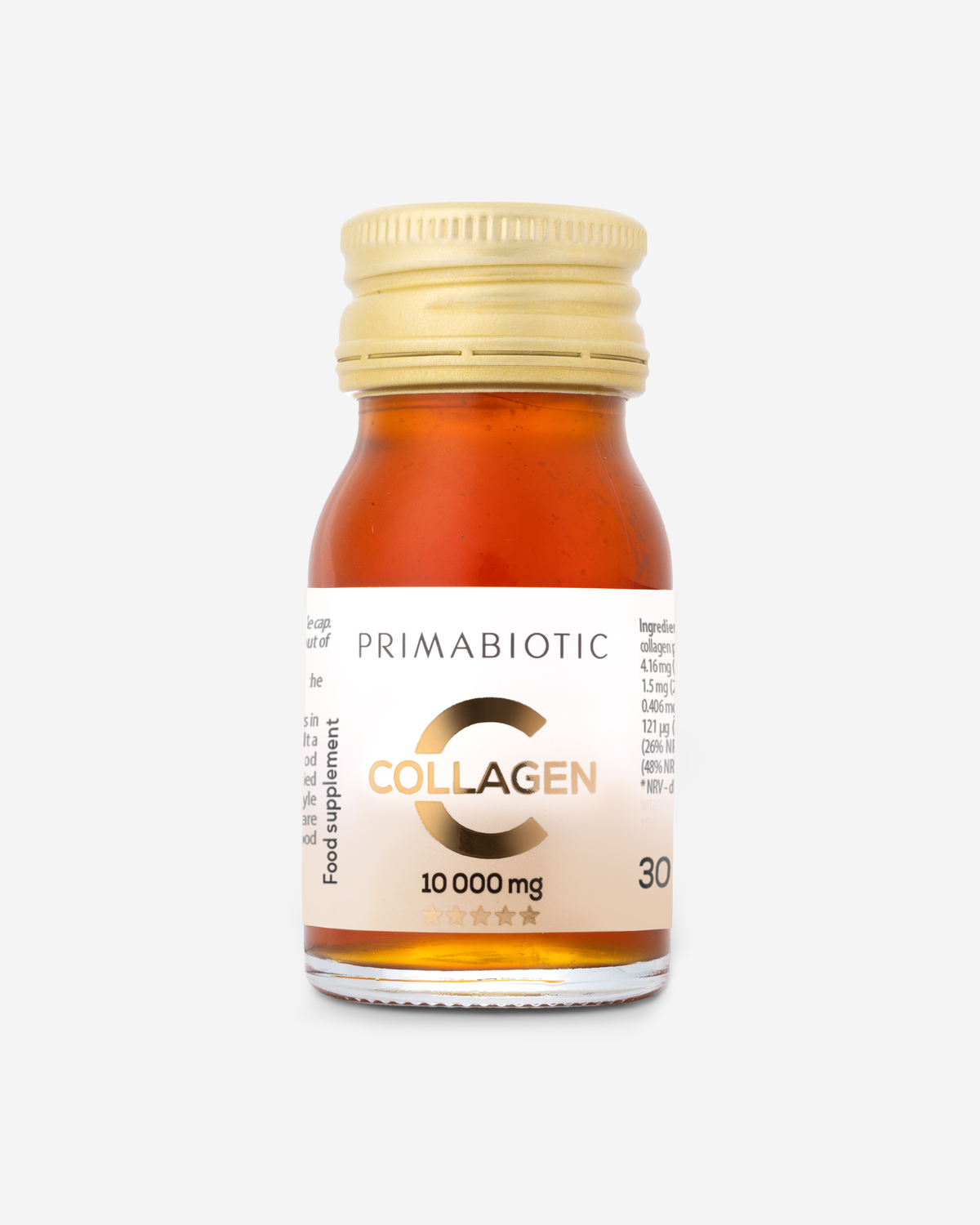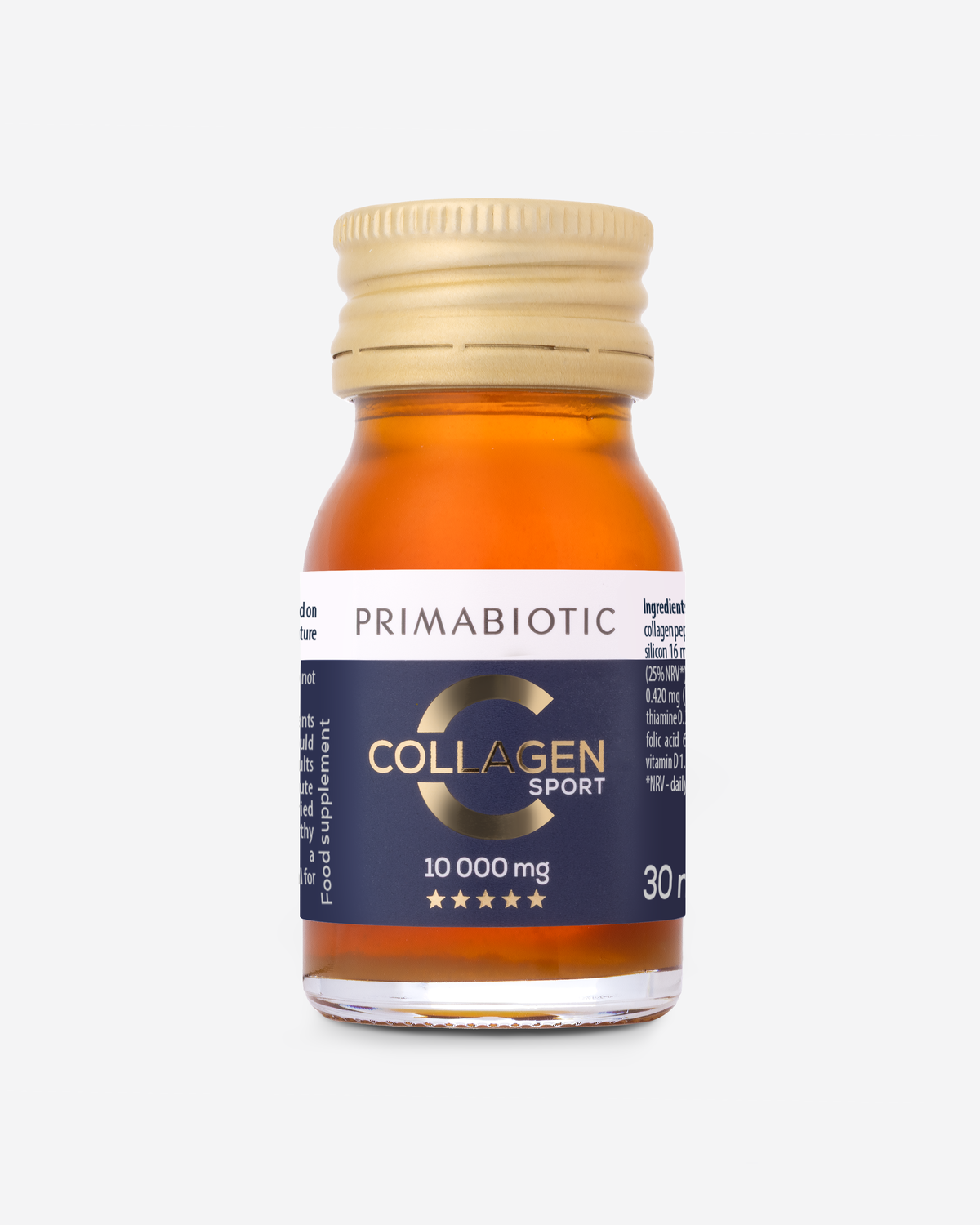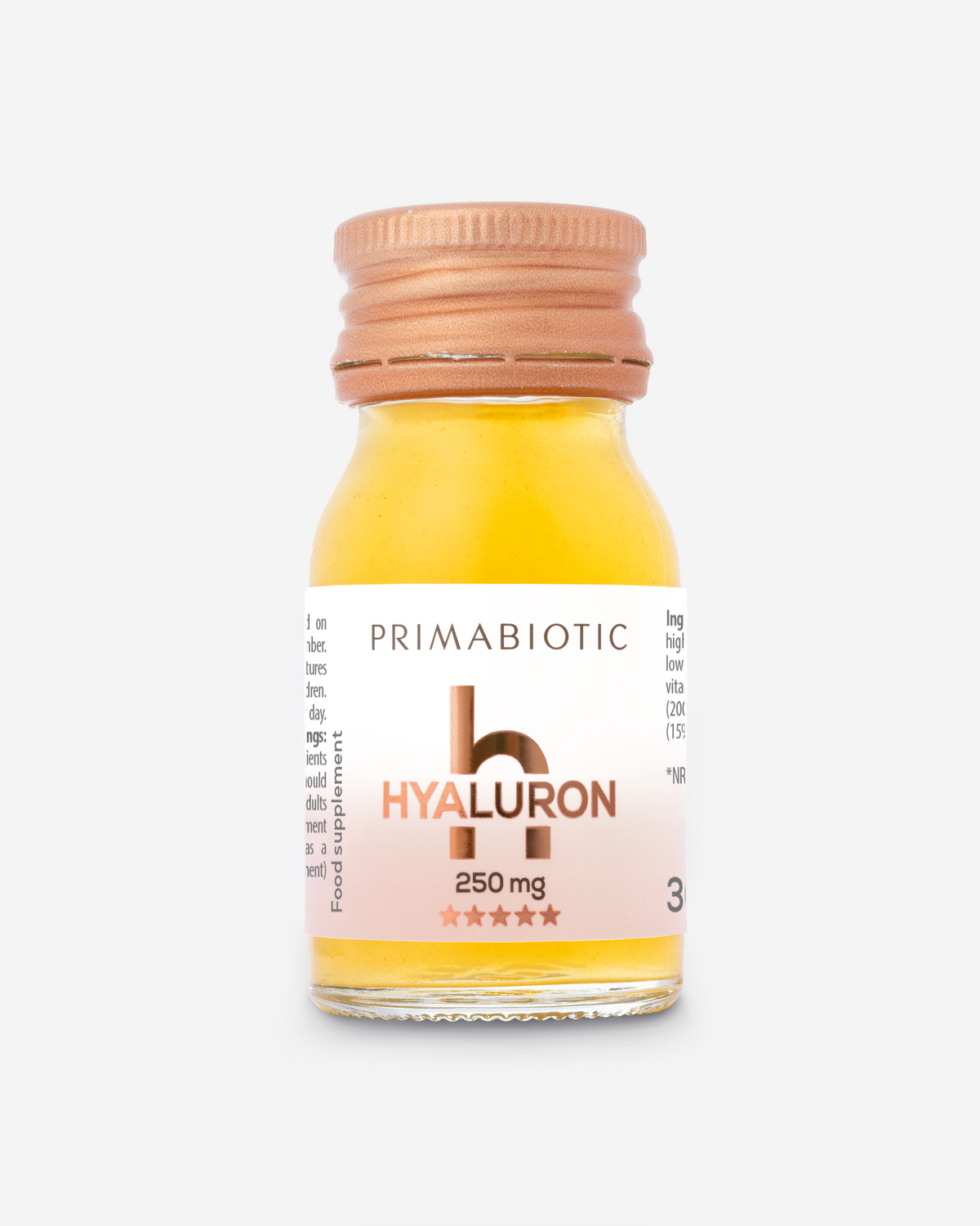Hair loss can affect anyone. Many factors contribute to the weakening of hair follicles. Sometimes, the causes are health-related, while other times, a simple change in hair care routines is enough. Today, let’s discuss effective remedies for hair loss, which mixtures are worth preparing, and which supplements deserve attention.
What Causes Hair Loss?
The list of reasons we can’t enjoy a thick, beautiful mane is long. Let’s start with the simpler ones: improper care and activities that lead to mechanical hair damage. For example, forcefully detangling hair (especially when wet), using tight hair ties, or even carrying a handbag on the same shoulder can cause strands to be pulled out and weakened. Similarly, aggressive hairdressing treatments—like bleaching or perming—can contribute to hair loss. If you suspect these are the main culprits, start protecting your hair immediately, invest in good care products, and stop overburdening your hairstyle.
Other causes include:
- An improper diet lacking in vitamins and minerals.
- Hormonal and thyroid issues.
- Long-term use of medications (e.g., for hypertension or birth control).
- Collagen deficiency or aging (in men, hair thinning can occur even before 40, while in women, it often begins during menopause).
If you suspect an underlying health condition is causing your hair loss, consult a doctor or a trichologist.
Hair loss has also been observed after recovering from COVID-19. According to specialists, this is often related to stress caused by the pandemic and anxiety about health or the future.
Vitamins for Hair Loss
A healthy diet is crucial in combating hair loss. Vitamins such as A, C, D, E, and B-group vitamins (especially biotin) are essential in maintaining healthy hair.
- Vitamin A strengthens hair and nails, protecting them from splitting.
- Vitamin C supports collagen production, which reinforces hair.
- Vitamin D is vital for healthy hair growth.
- Vitamin E protects against oxidative stress.
- Biotin supports hair growth and prevents brittleness.
Collagen is another critical component for hair health. As a primary connective tissue protein, it strengthens hair structure and improves scalp elasticity. Collagen supplementation can significantly aid in combating hair loss by enhancing hair resilience and promoting healthy growth.
Eating a varied diet rich in vegetables, fruits, nuts, and fish ensures adequate intake of these vitamins. If your diet is insufficient, consider taking hair supplements.
Hair Loss Supplements
Various hair loss prevention supplements are available in tablet form. They typically contain vitamins, minerals, and plant extracts, such as biotin, zinc, iron, folic acid, or saw palmetto extract.
- Biotin supports keratin production.
- Zinc promotes proper hair cell division.
- Iron is necessary for oxygen transport to hair follicles.
- Folic Acid aids in cell regeneration, which benefits hair health.
- Saw Palmetto Extract may inhibit DHT production, a hormone responsible for androgenic alopecia.
Scalp Treatments for Hair Loss
Scalp lotions are products applied directly to the scalp to strengthen hair follicles, stimulate new hair growth, and improve scalp health. These lotions may contain plant extracts, vitamins, minerals, and active ingredients.
Popular ingredients include:
- Nettle extract, which strengthens follicles.
- Burdock root extract, which stimulates hair growth.
- Caffeine, which boosts scalp blood circulation.
Increasingly, lotions also feature rosemary extract, known for its anti-inflammatory properties and ability to stimulate hair growth. Lotions with amino acids and peptides can also support hair structure. Regular use of scalp lotions combined with a scalp massage can yield noticeable improvements in hair strength and overall health.
Postpartum Hair Loss
Postpartum hair loss is a common issue for many women. It is usually linked to hormonal changes after childbirth. High estrogen levels make hair thicker during pregnancy and less likely to fall out. After delivery, hormone levels return to normal, often increasing hair shedding.
This process is typically temporary, and hair begins to grow back within a few months. In the meantime, focus on proper care and a diet rich in vitamins and minerals. Supplements like collagen, biotin, zinc, and iron can support hair regeneration. Additionally, handle hair gently, avoid aggressive treatments, and use scalp lotions to speed up the recovery of your hair’s former condition.
See similar articles:






